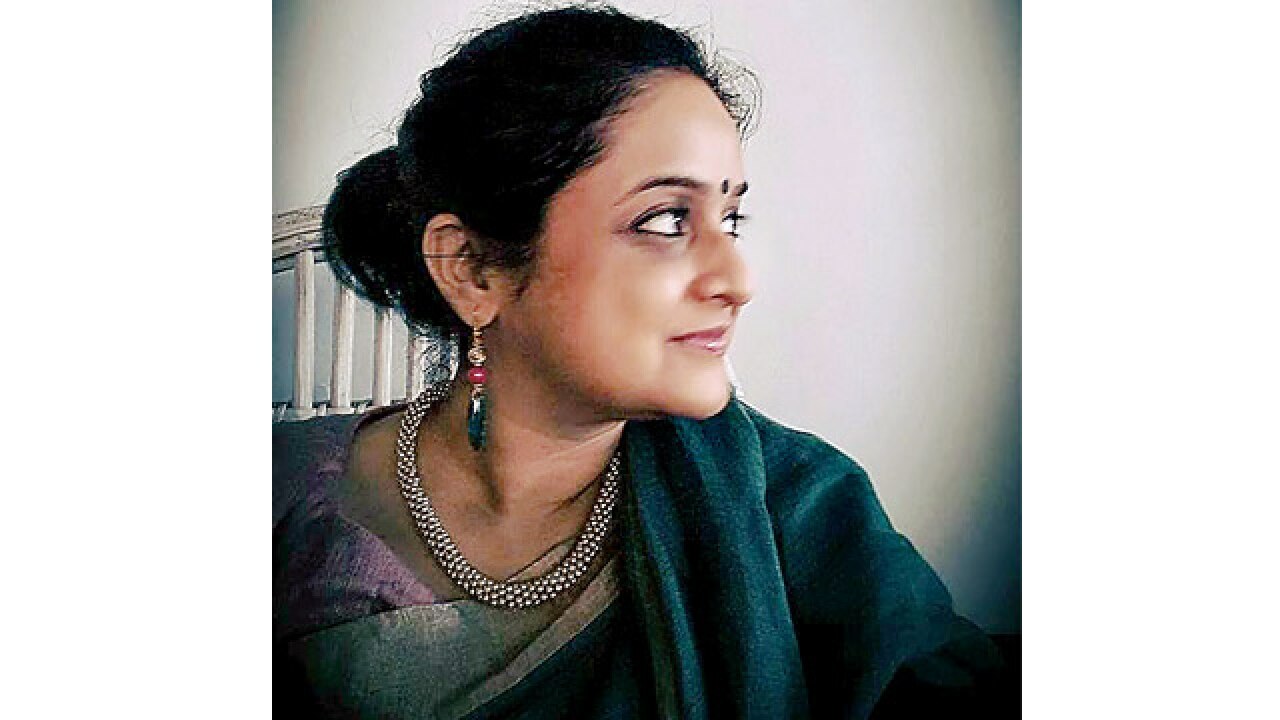
It was during a chat before the release of Pink that Tapsee Pannu told me about how challenging it was to portray a character that had been sexually assaulted. Pannu, a Delhi girl, is familiar with the male gaze. Though she knew of some girls who had been through far worse, she had been spared the ordeal of a physical assault. Pannu said being a celebrity gave her a certain immunity. Away from the staring, groping, lewd remarks, wolf whistles that other girls are subjected to in every part of the country.
Years ago, I was at an event in Lucknow to report on the inauguration of a Sahara mall executed with Saharaesque extravagance. The star of the night was Sania Mirza, who had been provided enormous security, whisked in and out with a convoy. Before any male gaze, touch or remark could reach her.
Outside the mall, I was one of the few female journalists caught in a rambunctious, all-male crowd of revellers. I was dressed in a salwar kameez, trying to do my job. There was no security for us — we were no VIPS, stars. Suddenly, I was groped. Pawed. Grabbed. I screamed. A press photographer pulled me away to the hotel room where I remained till the hosts, after Mirza had left and the crowd thinned out, decided to placate me. One of the Sahara bahus offered me a pastry and a word of advice: “If you cannot handle a mob like this, you are in the wrong profession.”
Privilege is a dangerous thing. It strips you of empathy. The Sahara bahu was unaware that inside the mall, a young girl was molested by the same crowd, her clothes ripped off in a bizarre feeding frenzy. It was captured by a tabloid photographer from Mumbai. “Lucknow, UP, North India,” the labels, came fast.
The virulent masculinity of the Indian male is not defined by geography or triggered by outfits. Bipasha Basu, Celina Jaitley, Katrina Kaif have been heckled and pawed at public events in various parts of the country. Malaika Arora is routinely harassed by passersby who crowd her vehicle every time she waits outside a restaurant in Bandra.
I know there are some who would smirk at this list. These women wear revealing clothes and do raunchy numbers on the screen. They thrust their assets in our face all the time. Why should they have problems when a man appreciates it in person? Just as the revellers in Bangalore deserved to be harassed. They were wearing short dresses and drinking after all.
Heck, my grandmother, who loved wearing red, was once harassed by a bunch of men who stalked her while singing a popular film song pictured on a Dada Saheb Phalke award winner in his youth. The song had him heckling, teasing and stalking a group of young girls.
Our film industry may make the odd noise about sexist headlines, films trashing misogyny and sexual abuse, but it still looks at the world through a prism of male entitlement.
Fewer heroes stalk women on screen, but it is going to be a while before the damage they have done to our ideas of sexuality and consent is reversed. The films we celebrate feature stars who have built their careers on characters that have stalked, preyed and harassed women into submission. Some of them make ill-advised jokes on rape and abuse and get away with it because other men (and women) jump to their rescue.
It is about time we stopped celebrating this kind of pernicious masculinity. It is time we chose our icons carefully.